What do you think of when you hear the words ‘speech pathology’? For many people, it’s lisps and impairments – specifically for young children just learning to communicate. What you may not know is that speech pathology treatment is not only common for adults, but also highly beneficial. There’s no reason to feel awkward or unsure to reach out for speech therapy as an adult, no matter if you’re looking for help in regard to communication, comprehension, or anything else. Let’s go through just some of the reasons an adult might benefit from seeing a speech pathologist.
This blog outlines the basics of speech pathology, going through the common causes of adults needing to overcome speech disorders later in life and the benefits of seeing a speech pathologist as an adult. To book an appointment with an experienced pathologist, contact Royal Rehab today.
The fundamentals of speech pathology
So, what exactly is speech pathology? Therapy with a speech pathologist takes many different forms, all depending on the disorder you’re looking to manage and the goals you’re looking to achieve. The basics of speech pathology are to help people with speech, language, and social skills. Very often, when people think about speech pathology, they think about young children struggling with their development in need of extra support. While this is certainly a popular cause for visiting a speech pathologist, this form of therapy can benefit anyone struggling with the following:
- Difficulty swallowing
- Stuttering and lisps
- Issues stringing words and sentences together clearly
- Difficulty reading and writing
- Finding it a challenge to speak clearly
- Dry mouth
- Chronic pain in vocal cords
- Chronic sore throat
Why an adult may need speech pathology
Plenty of speech problems do begin in childhood, but there are a wide variety of other reasons that could have somebody needing speech pathology as an adult. Here are just a few of the common circumstances that can lead to needing rehabilitative speech pathology later in their lives:
- Dementia
- Stroke
- Brain injuries
- Parkinson’s disease
- Surgery
- Oral cancer
- Autism
- Aging
- Respiratory conditions
These are a few of the disorders and conditions that can cause speech problems well into adulthood. However, there are plenty of circumstances in which an adult may seek out a speech pathologist to help them manage speech issues that were never dealt with when they were younger. In short, there are many causes that bring adults to speech therapy.
The benefits of speech pathology
No matter your age, speech pathology has plenty to offer. A pathologist will work closely with you to build a therapy plan that is tailored entirely toward the things you struggle with and the unique goals you’re looking to achieve. Some people come to speech pathology to work towards benefits such as clearer speech and more effective communication skills, whilst others may be looking to improve their reading and writing or their ability to safely swallow food and drink. For many, though, one of the biggest and most unexpected benefits is the massive boost in confidence and overall social skills they discover after undergoing therapy with a speech pathologist.
Call now to enquire about speech pathology rehabilitation
No matter how old you are, it’s never too late to improve your speech. Whether you’ve suddenly found yourself faced with an unexpected impairment to your communication skills or whether you’re looking to sort out problems you’ve been dealing with your whole life, Royal Rehab can help you achieve your goals. Our rehabilitative speech pathology team works hard to help every single client that comes through our doors to improve their speech and communicative abilities in a way that works perfectly for them. If you’re looking to enquire about our speech pathology services, call our friendly team today.
Contact Royal Rehab today on (02) 9802 9222 and enquire about our speech pathology programs to begin your journey to recovery.



